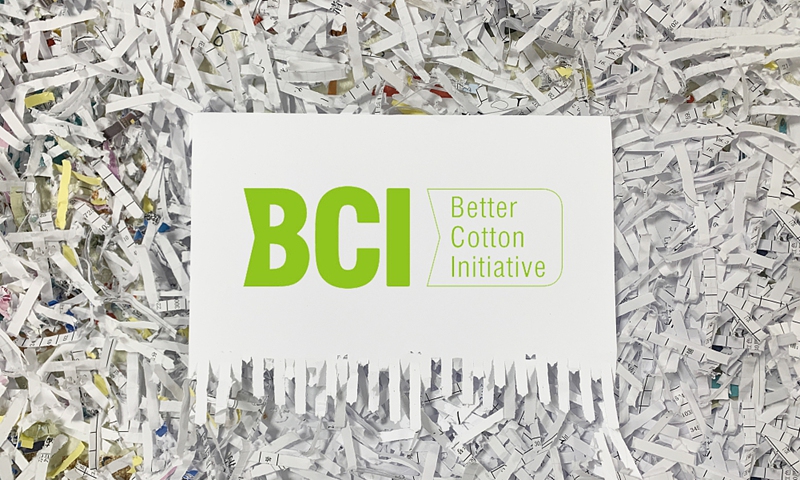
BCI Photo:VCG
The China branch of BCI, a Switzerland-based cotton organization, said on Friday it has never found a single forced labor event in Xinjiang since 2012.
The statement came amid roaring anger in China as the Better Cotton Initiative (BCI) has been found to be "the black hand" behind the "anti-Xinjiang cotton campaign" among multinational firms. When the BCI suspended issuing licenses and certificates for cotton from Xinjiang, Chinese suppliers of foreign brands that choose to follow the BCI standards will have to suspend buying cotton from Xinjiang.
Chinese netizens welcomed the latest announcement, however, they have come up with more questions as to why the BCI has issued conflicting statements between its China branch and its headquarters.
BCI headquarters cited a large amount of disinformation about the so-called forced labor issue spread by anti-China organizations, including the US-based World Uyghur Congress and the Human Rights Watch, to suspend issuing certificates to Xinjiang cotton.
The public outrage toward H&M, Nike and Adidas also created pressure for other multinational companies that had already shown their commitment to the BCI promising not to use any cotton produced in Xinjiang for the so-called human rights violation concerns.
"This is a very low-level signature on behalf of a few BCI employees in Shanghai; it can't even represent 1 percent of the whole group," a user wrote, complaining that he felt little respect or sincerity in the statement.
Many net users say the latest statement may only represent a few BCI employees in China.
"The Chinese-language statement was more like an expedient way to appease we Chinese," a net user said.
More netizens urged the BCI headquarters to make a direct, clear response globally. "My anger won't be relieved unless BCI headquarters states in English on its website that it hasn't found any forced labor cases in Xinjiang," one said on Weibo.
The netizens also challenged the double standards from BCI, asking how it can have different standards in different countries.
According to the BCI's official website, the organization has 2,100 members worldwide, of which nearly 500 are from China, including five retailers and brands, and 485 suppliers and manufacturers. The group spans the entire global cotton supply chain, from farmer organizations to retailers and brands, including multinationals such as H&M, Adidas, and Nike.
In 2015, the NGO began pressuring some multinational companies to reduce or stop the use of Xinjiang cotton amid geopolitical considerations, and it also gave a timetable for companies to end their purchases of Xinjiang cotton.
Faced with growing public anger toward BCI's anti-Xinjiang cotton campaign, some of its Chinese member companies have quit the NGO.
Chinese sportswear maker Anta Sports said on Wednesday it has started the process to quit the group, as the BCI suspending licensing for Xinjiang cotton echoed the West-led smears on the labor force in the region.
Global Times




